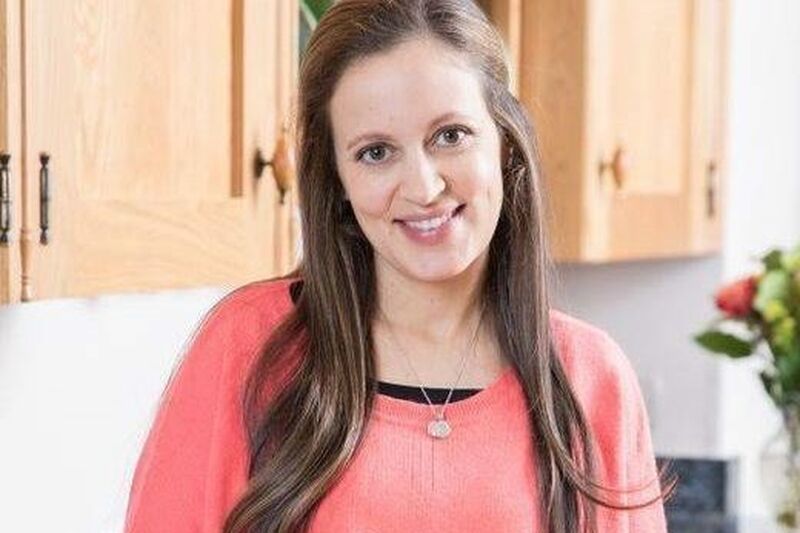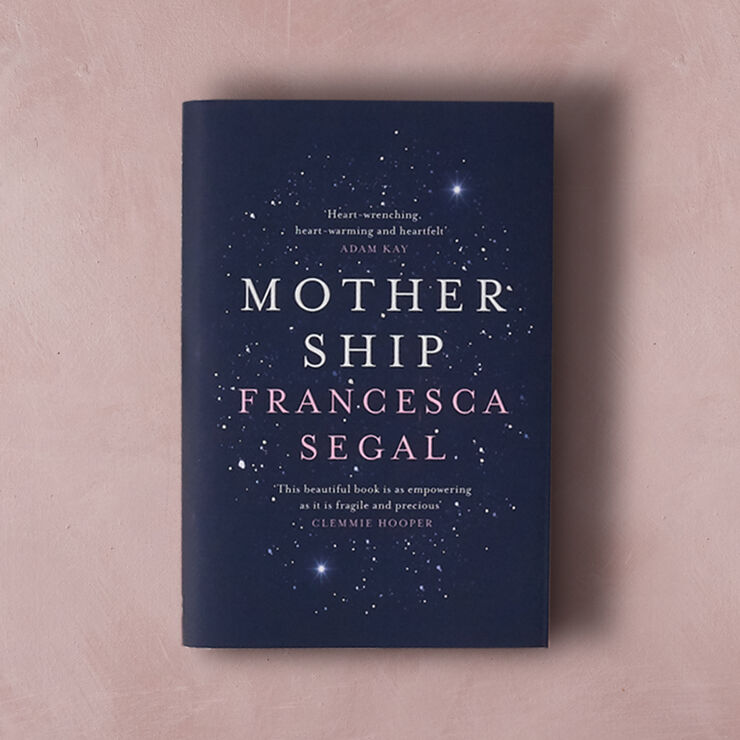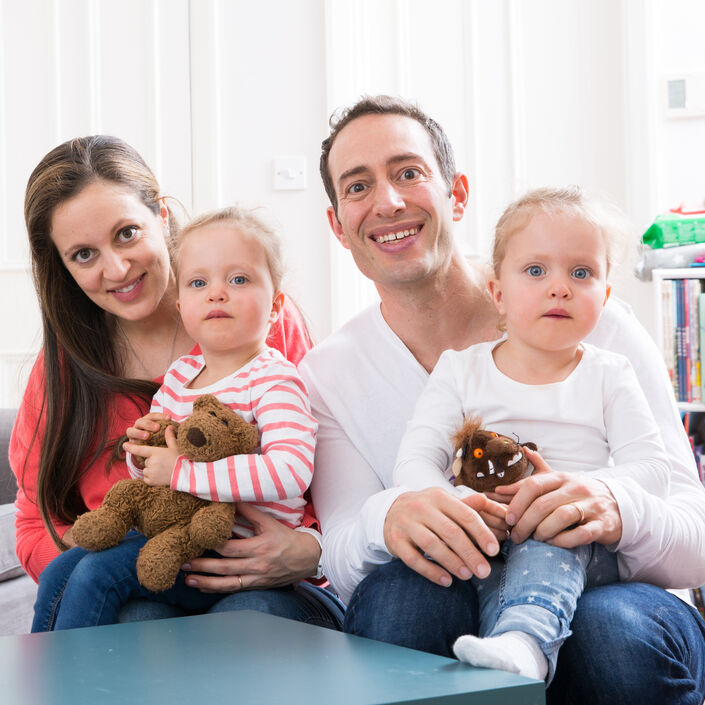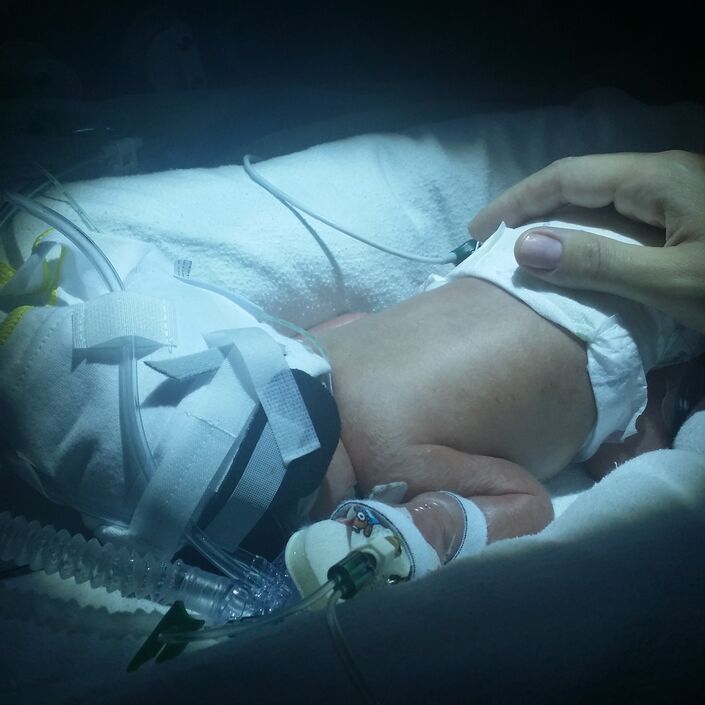Q: What was the most challenging thing about having twins on the neonatal unit? - Marie, Bristol
A: I found myself very torn between the two babies, with attention constantly straining between them. But I realised very quickly how incredibly lucky I was that both my twins had survived, and tried my best to focus on that when I was feeling particularly demented by it. It was definitely the divided responsibility I found tricky – if one began to cry while I was having skin-to-skin with the other in a chair on the far side of an incubator and there was nothing I could do. Our hospital also didn’t permit them to share a cot and I found that very difficult, as I wanted them together. I put them side by side when I was there, but I felt they would have been happier sharing.
Q: What moment scared you most while your daughters were in neonatal care? – Amy, Derby
A: I think it was the unexpected setbacks that I found the hardest, rather than the difficulties that were more predictable. I began to feel I had a sense of what our journey might look like and that would calm me, and I’d start to feel I could count down towards going home, and then something like an infection would come along and I would feel winded by it. Reversing developments – going back on oxygen when we’d weaned off it, for example, would knock me very low.
Q: My husband and I are currently on the neonatal unit with twins of our own (born at 26 weeks). It has been hard for us to communicate since our arrival and I think he is still in shock. How did you and your partner maintain a good relationship after your twins were born? – Rachel, Reading
A: It is incredibly difficult. I always think of that announcement on the plane – always fit your own oxygen mask before assisting others. Obviously that doesn’t apply in the throes of a neonatal crisis but in the longer term slog through SCBU, for example, it is vitally important that you take time to talk to one another, not least because you are probably processing and responding to what has happened in very different ways and that can be difficult in itself. It takes time to come back together.
My husband was primarily concerned about me when our girls were born, and I remember being very angry with him because I felt he wasn’t focused on the girls. It was much later when I came to understand that his had been a slightly different trauma – he thought I might die when I was haemorrhaging, and he was recovering from that. He would be the first to admit that he has taken much longer to process a great deal of what we went through. Also, being forced back to work so quickly means that fathers have to be “fine” almost immediately, and that can feel very difficult. You are just having such wildly different days, a mother on the ward, a father at work. I remember one of the nurses sending us out for dinner on our anniversary and I was so resistant to it at the time but things like that are so important, not just for anniversaries in fact but for just trying to piece yourselves back together as a couple. It is easier to find time alone together with babies on the neonatal unit than it is with newborn twins at home! If anyone but a fellow mum or a nurse had said this to me I would have decked them but… you have great babysitters, now, in those NICU nurses! Every now and again it’s important to use them.



